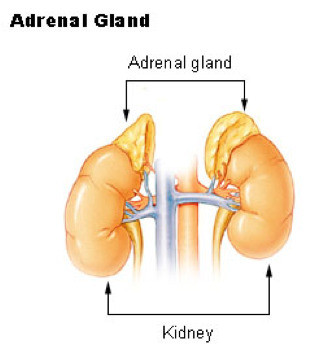What is Addison's Disease?
Addison's Disease, also known as primary adrenal insufficiency, is a rare disorder characterized by the insufficient production of hormones by the adrenal glands. These glands, located on top of the kidneys, produce essential hormones such as cortisol and aldosterone, which play crucial roles in regulating various bodily functions.
In Addison's Disease, the adrenal glands fail to produce an adequate amount of these hormones, leading to a range of symptoms and potential complications. The condition can develop gradually over time or occur suddenly, often resulting from autoimmune disorders, infections, or other underlying medical conditions.
Side Effects of Addison's Disease:
The symptoms of Addison's Disease can vary from person to person but often include:
Without proper treatment, Addison's Disease can lead to potentially life-threatening complications such as an adrenal crisis, which requires immediate medical attention.
How is Addison's Disease Diagnosed?
Diagnosing Addison's Disease typically involves a combination of medical history, physical examination, and laboratory tests. Your healthcare provider may order blood tests to measure hormone levels, particularly cortisol and aldosterone, as well as perform imaging tests such as CT scans or MRI to assess the adrenal glands.
Additionally, an ACTH stimulation test may be conducted, where synthetic ACTH hormone is administered, and blood cortisol levels are measured to evaluate the adrenal gland's response.
Potential Treatments of Addison's Disease:
Treatment for Addison's Disease focuses on replacing the deficient hormones to restore normal bodily functions and prevent complications. This usually involves lifelong hormone replacement therapy, which may include:
👉 Contact us for further information and receive a complimentary consultation.


.webp)
 (1).webp)

.webp)
 (1).webp)


.webp)
 (1).webp)

.webp)
 (1).webp)
